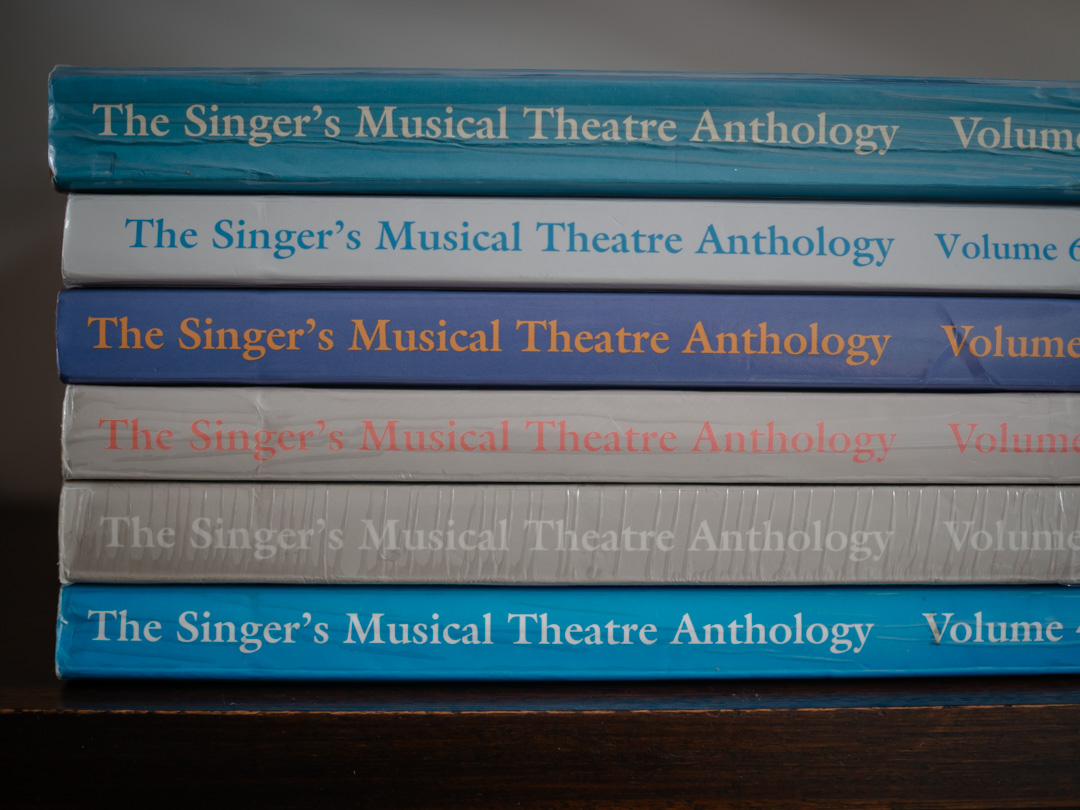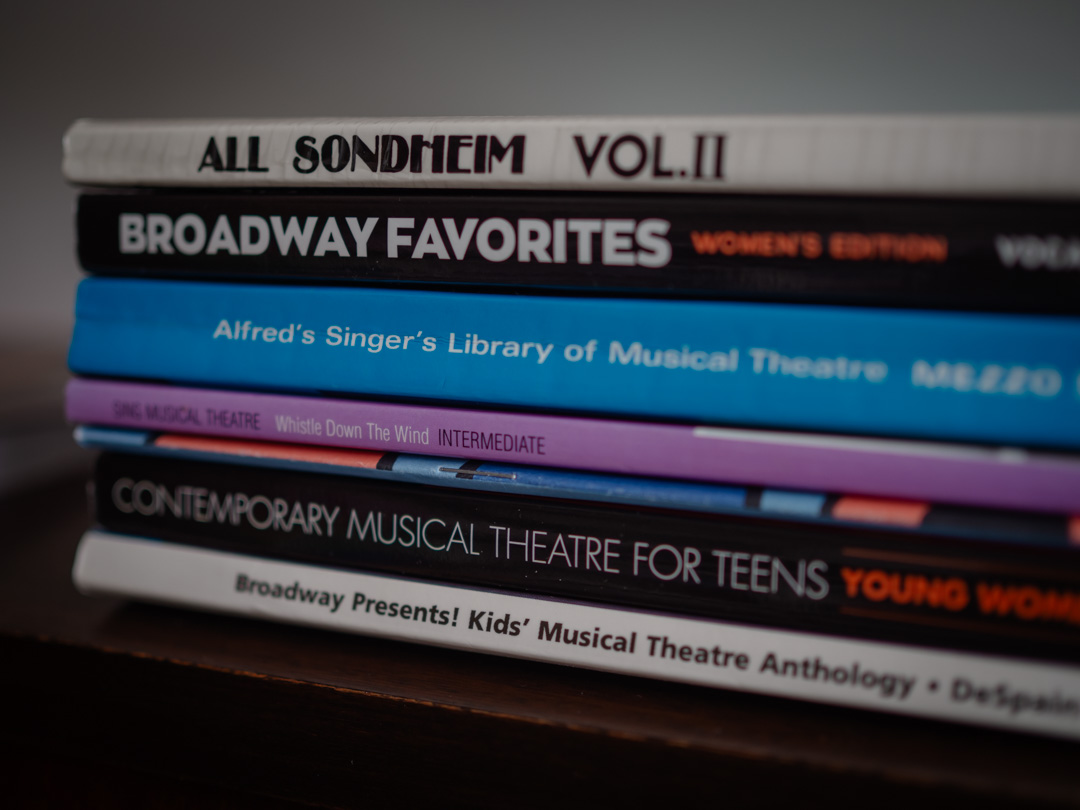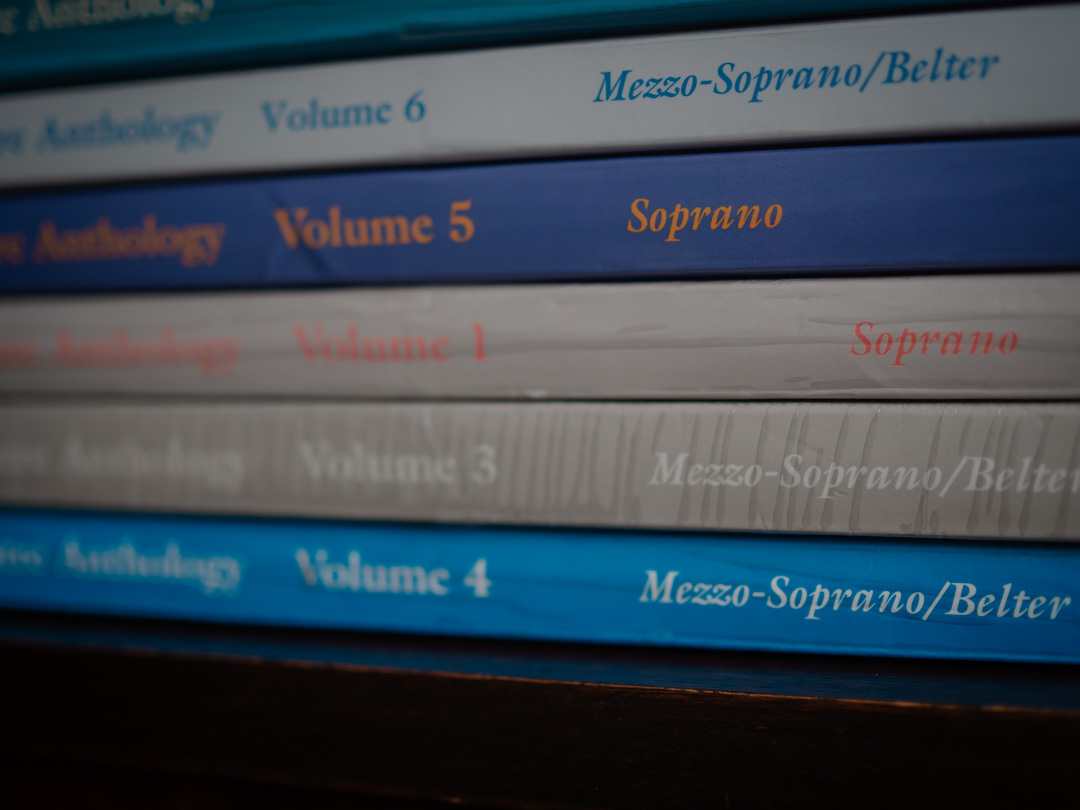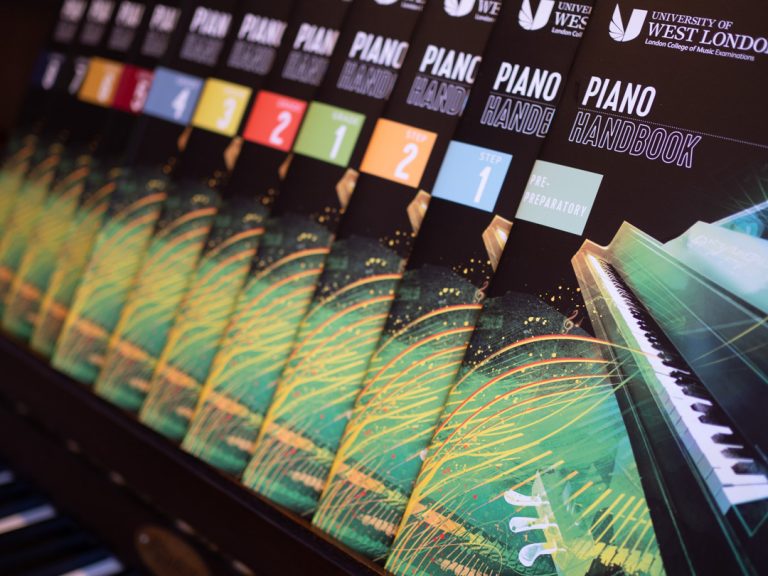A musical theatre audition can be pretty daunting. Not only is there the performance aspect, and all the nerves which come with that, but they can also be unpredictable. Musical theatre auditions might take place for amateur productions such as school shows, operatic and dramatic societies, and local musical youth theatres. They might be for college, university and conservatoire courses. They may also be for professional productions, shows and concerts. Each one is different, but they can all feel equally daunting.
I’ve been teaching singing and musical theatre for nearly 25 years, and in that time, I’ve worked with countless students preparing for auditions. There have been plenty of school shows and musical youth theatre productions, but also auditions for universities, colleges and conservatoires. My own students have gone on to study music and musical theatre, including at the University of Chichester, Oxford Brookes University, Leeds Conservatoire and SOTE Birmingham.

It’s a cliche, but it’s worth acknowledging that everyone will be nervous, and for most singers, they will feel equally daunted, but careful preparation can make a big difference, and that’s something I’d like to particularly focus on here.
1. Start Preparing Early
I used to get a lot of enquiries from singers who knew they had an audition coming up, but had left it until the last minute, believe it or not, often the day before, to seek help and advice, and to start preparing. This rarely works, and only goes to significantly increase the nerves.
Once you know you have an audition coming up, setting a timeline is really useful. However much time is available, you can still plan and prepare, but weeks, and often months, is likely to result in a more positive outcome than a few days. Preparations might include knowing what’s expected, what an audition panel is looking for, choosing and learning songs, developing performance confidence, and being aware of the practicalities on the day.
Another thing which is really useful in advance of musical theatre auditions, is getting used to singing in front of others. It’s surprising how many students I’ve worked with who are looking to audition, but aren’t regularly seeking out opportunities to not only sing to others, but to get feedback on their performances. Prior experience really does count, and it shows when it comes to auditions. There are musical theatre exams which enable singers to develop the types of skills often tested in an audition, as well as offering the opportunity to prepare, learn and perform a programme, and gain valuable feedback. There are also local music festivals such as our own Lichfield Festival of Music which holds musical theatre classes for all age groups. These are a great opportunity to perform in front of others and gain feedback. One thing I’ve seen an increase in in recent years is singers recording their performances and sharing them online. When managed well, this is also a great opportunity to perform to an audience.
2. Know What’s Expected
I think it’s fair to say that each musical theatre audition will be different. Depending on the context, the format, requirements, and repertoire restrictions will differ, and particularly for those auditioning for multiple musical theatre productions or courses, this can quickly become confusing. Again, preparation is key.

Read any information sent beforehand carefully; it can also be useful to bullet-point the main points to, if you like, make a checklist for yourself. Try and find out as much about the audition as you can, maybe from people you know who’ve auditioned before or who are already there. If after all this there’s anything you’re unsure about, do contact the people organising the auditions. This shows professionalism and care, though of course, only if you’ve read and digested carefully all you’ve already been sent.
3. Choosing the Right Song
As I’ve said above, each musical theatre audition is different, and the repertoire requirements can vary hugely. Some auditions will have set songs, whilst others will leave it up to you to choose your own. The latter can often be harder, especially when there are so many songs to choose from.
First and foremost, I always encourage students to choose songs they enjoy. If you enjoy a song and it means something to you, this will come across in your performance. Choose songs which are suited to your voice, age and experience; if you like, choose songs where you can tell a story. I would say to try and avoid choosing songs you think they want to hear. None of us know which their favourite songs and musicals are, so again, I think it’s much better to choose something you enjoy.
There is, perhaps, an argument for avoiding songs which are overdone, though these do shift over time. 15 years ago, I was tired of hearing ‘I Dreamed a Dream’ as everyone’s audition song, and whilst this is still popular, I’m sure it’s been replaced by others. Choosing songs which aren’t as well known can allow you to bring something fresh to your audition, so really dig deep in the repertoire, because you never know what you (and they) might discover.
4. Preparing Your Song
Teachers, myself included, are always happy to work on audition songs with students; however, as above, advance preparation is key. We can do more when we have time to prepare, rather than being handed a lyric sheet for a song we don’t know the day before the audition.
It seems obvious, but you will probably need a legal copy of the sheet music for the accompanist, unless you are auditioning with a backing track or singing unaccompanied. It is usually expected that there will be a legal copy in the room, which may be a book or a digital download. Make sure the music is suitable and legible. Everything you do which differs from what’s printed should be written in, including any changes in tempo, breaks, pauses and cuts. Practise with an accompanist if possible, and get used to quickly explaining anything they should know.

There are lots of layers to a performance, so remember, it’s not just about singing the notes on the page. Focus on character, emotion and communication. Put your own stamp on the song so that it resonates with and has meaning for you. I hear a lot of performances these days where people have listened to the most famous recording of the song on repeat, until they can copy it. They are often very good, but they lack personal engagement, and I think this can be detrimental in an audition. Recordings are a useful aid to learning songs, but do your own research too.
5. What the Panel is Looking For
Each audition panel will be looking for something different depending on the context, but I think they will all look for potential; a sense that you are open to learning and direction. Confidence is good, but arrogance is likely to put them off. An ability to interpret and perform, not just sing is important too. Be professional – think about how you enter the room, introduce yourself, and how you interact with the accompanist and audition panel members.
Conclusion
Singers who are looking to perform in musical theatre productions, amateur or professional, as well as those looking to study musical theatre, will encounter auditions on a fairly regular basis. Auditions are part of your musical and performing journey. Preparation, professionalism and practice really do make all the difference, and whilst you can never eliminate the nerves, going in feeling satisfied that you have prepared as much as you can, makes for a positive step forward on your journey.
Published 2.9.25
If you have enjoyed this post, please consider supporting my work by buying me a virtual coffee. You can do this from as little as £2 and it enables me continue creating and developing new content, services and products. Your support is much appreciated.
You can also support my work by connecting with me online




